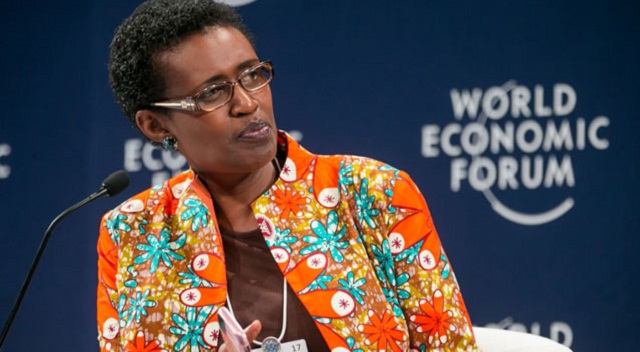
Globalization 4.0 must offer a new narrative to replace the abusive, extractive, and sexist neoliberalism of the past few decades. We will need far more cooperation among governments to rewrite the rules of finance, trade, wages, and taxation. Only then can we ensure that the 4IR benefits ordinary people.
To that end, we should welcome pioneering new technologies, but we should also ask tough questions about their ownership and the interests they serve, especially as new monopolies emerge. We will need a smart mix of incentives, public ownership, and regulation to manage the changes that are upon us.
We will also need a new approach to taxation and public spending. The richest households and corporations have avoided paying their fair share for too long, while also stymieing meaningful reform. It was particularly disappointing to see business leaders at the last Davos meeting celebrating U.S. President Donald Trump’s trillion-dollar tax cuts. If well-meaning elites are serious about ushering in a more inclusive form of globalization, they will need to back their words with deeds.
Multilateralism remains the only way to manage these policy challenges. But the framework for international cooperation must become much more democratic, feminist, and people-centered. When discussing the future trajectory of globalisation, a woman smallholder farmer in Nakuru, Kenya, should be valued just as much as a corporate executive in Manhattan. We need multilateral institutions that can rein in corporate abuse and steel civil society against rising authoritarianism.
Responsive, bold leadership from national governments will also be needed to manage Globalisation 4.0. Rather than simply trying to manipulate citizens’ anger, politicians need to understand and address the root causes of their discontent.
Fortunately, such leaders are not mythical creatures. South Korean President Moon Jae-in is tackling inequality with a combination of taxes on the wealthy and corporations, a higher minimum wage, and increased social spending. New Zealand Prime Minister Jacinda Ardern also has an ambitious agenda to reduce inequality, and she has made citizens’ wellbeing a central metric of her government’s success. And Canadian Prime Minister Justin Trudeau has openly embraced a feminist global-development policy.
These leaders are living proof that globalisation can be managed in a way that benefits everyone. They put those beholden to toxic neoliberalism to shame, and they offer hope that a more human global economy is within reach.
****
Winnie Byanyima is Executive Director of Oxfam International.
Copyright: Project Syndicate, 2018.
 The Independent Uganda: You get the Truth we Pay the Price
The Independent Uganda: You get the Truth we Pay the Price


